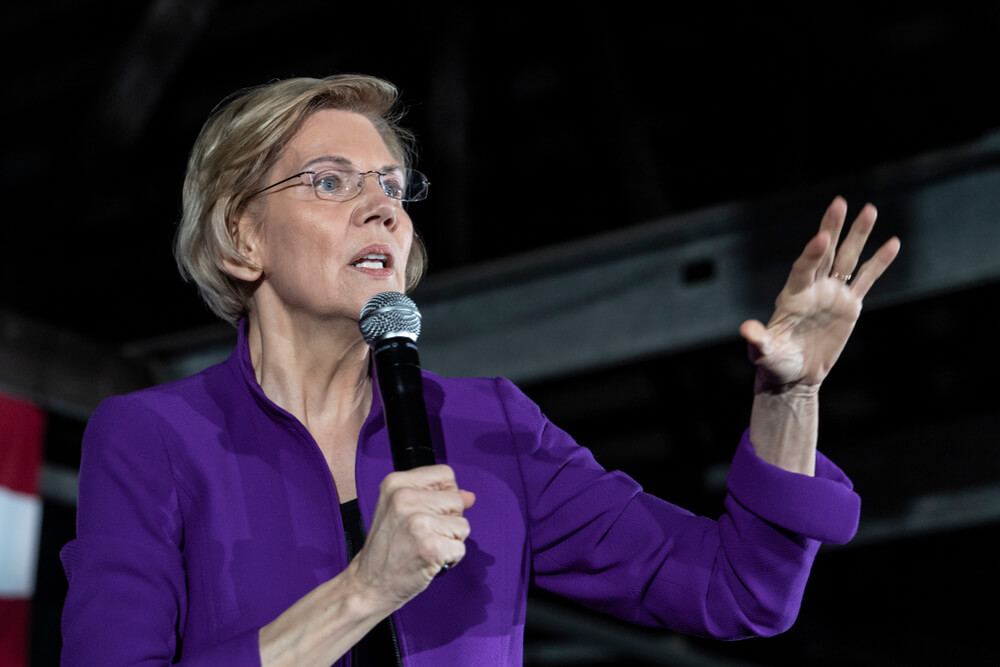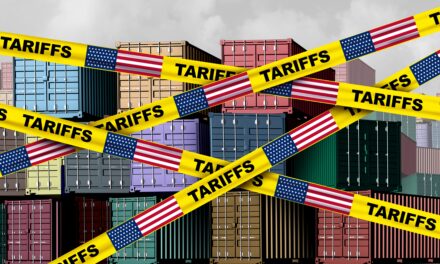Massachusetts Senator and 2020 Democratic primary hopeful Elizabeth Warren has lapped the field so far with policy and proposal ideas, and her latest plan would guarantee universal high-speed internet access to try and win over some rural voters.
“I will make sure every home in America has a fiber broadband connection at a price families can afford,” Warren wrote in a post on Medium. “That means publicly owned and operated networks — and no giant ISPs (internet service providers) running away with taxpayer dollars.”
The plan will create yet another government office, the Office of Broadband Access, that will manage the $85 billion budget. Grants will be awarded to electric and telephone cooperatives, nonprofits, Native American tribes and municipalities that will bring high-speed internet service to areas that don’t have any, or don’t have good internet service.
Her administration also will “preempt” laws already in place in 26 states that prevent municipalities from building their own broadband internet infrastructure.
“The federal government will pay 90 cents on the dollar for construction under these grants,” Warren wrote. “In exchange, applicants will be required to offer high-speed public broadband directly to every home in their application area.”
The applicants must offer speeds of at least 100 megabits per second, which is incredibly fast, and must offer at least one discounted internet plan to customers.
The plan also sets aside $5 billion for broadband access on Native American lands. Warren infamously claimed Native American heritage and even had to apologize to the Cherokee Nation after taking and releasing a DNA test that proved she has minuscule amounts of native ancestry “in the range of six to 10 generations ago.”
Former Vice President Joe Biden also put forward a plan last month that included $20 billion to beef up broadband in the country’s rural areas, and Sen. Bernie Sanders, I-Vt., also has pledged to bring broadband to every American.
Warren’s proposal says about one in four people in rural areas and one in three people living on Native tribal lands don’t have access to broadband internet.
“One of the best tools for unlocking economic opportunity and advances in health care, like telemedicine, is access to reliable, high-speed Internet. In the twenty-first century, every home should have access to this technology — but we’re not even close to that today,” Warren wrote.
“Just like the electric companies eighty years ago, today’s biggest internet service providers have left large parts of the country unserved or dramatically underserved.”
Warren also proposed more health industry oversight as part of the internet plan. Warren has proposed a wealth tax to pay for a couple of her plans. For these she wrote that the U.S. should change “the tax laws that encourage companies to merge and reduce competition.”
“The cost of each and every one of these investments is fully offset by my plans to make the ultra-wealthy and large corporations pay more in taxes. Those plans include my annual two-cent wealth tax on fortunes over $50 million and my plan to ensure that very large and profitable American corporations can’t get away with paying zero taxes,” she wrote. “And the new investments I’m announcing today for universal broadband access and health care options in rural areas can be offset by changing the tax laws that encourage companies to merge and reduce competition.”



